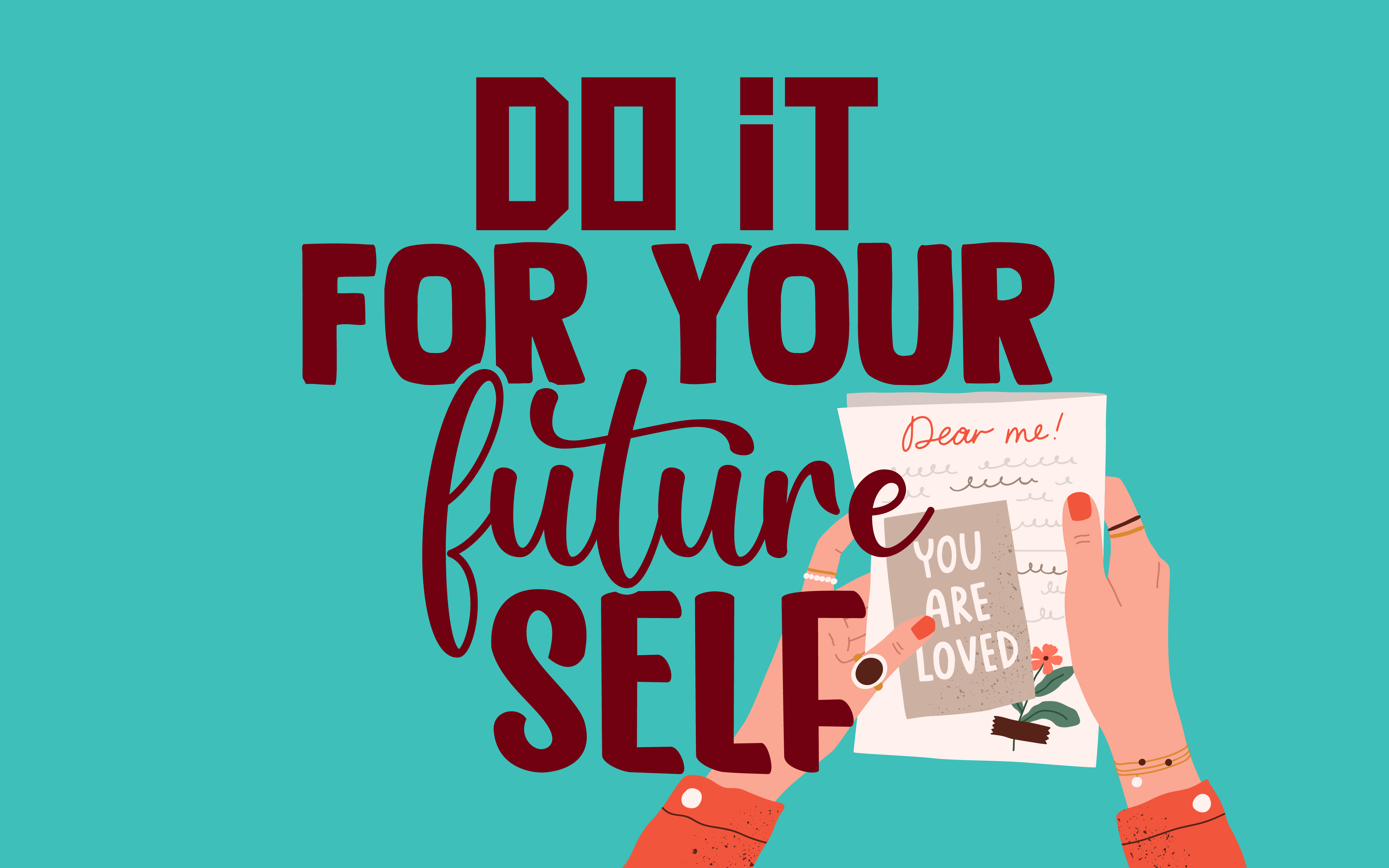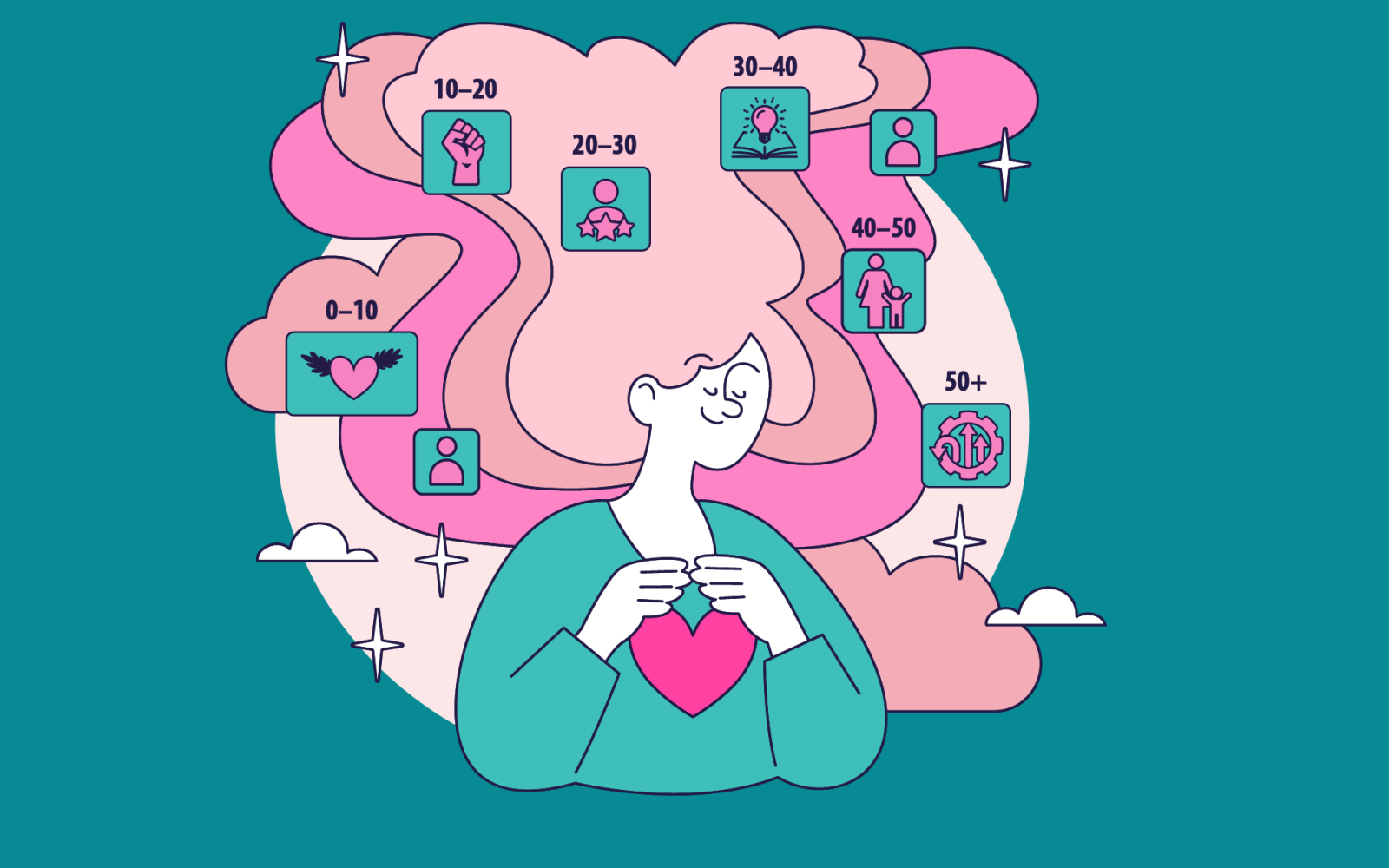Who will you be in just five years from now?

An exercise in defining the future you.
When I take a moment to step back from the busy routine of motherhood and work, I realise that many of the decisions I make today will shape the world for me, my son, and maybe even my son’s grandchildren.
When we think about the future, we tend to think of ourselves as descendants. I see myself in many of my mother’s mannerisms. I tap my feet to music with the same relish my granny did when we listened to Glenn Miller’s Big Band on the radio on Saturday afternoons.
But we are ancestors as well as descendants. As much as we look back in time, we also look forward.
I often wonder what the world will look like a century from now, shaped by the climate crisis.
Then I take a breath and focus on my role as a mom and educator. I can introduce empathy, compassion, optimism, and agency into my son’s worldview and help to make these values part of the school curriculum.
On a visit to Maropeng, the visitors’ centre for the Cradle of Humankind, a World Heritage Site near Johannesburg, I experienced the power of looking back to look forward.
One of my favourite pictures of me and my son was taken on a mock underground boat journey through the creation and evolution of life on earth.
My son, then 5, gasped with delight and awe as we cruised past mini-volcanic eruptions in a waterway that represented the original “soup” of organic life, with dinosaurs roaring and humanoid life forms culminating in the humans we are today. It got me thinking about the future of our continent, humanity, and my family.
I run workshops for executives, helping them develop a deeper awareness of the possibilities the future might hold, and embracing the idea that the future isn’t fixed.
As part of these workshops, we write a letter to our future selves, or to future generations of someone we love very much. It always amazes me how powerful these reflections are.
How often do we think about our future? How far ahead do we look? How easily can we see or imagine the consequences of our actions? By improving this awareness, we can better understand our role in shaping the future, and develop our ability to become active change-makers.
We ask questions about agency: how much we believe our actions can influence our future and the world.
We ask about openness to alternatives: how we reflect and think critically about our current ways of doing things, how open we are to embracing uncertainty, and how we imagine multiple future opportunities.
We ask about concern and care for others and ourselves: how often we practise empathy and compassion, even for the planet itself.
We ask about systems perception, the global interconnectedness of things. Global warming has certainly brought this concept home for me.
How can you put your imagination to work for your future? Try writing a letter to your future self.
It’s a simple yet profound exercise that can help you think about who you are, where you come from, and what futures you can imagine for yourself, even just five years into the future.
You may say five years isn’t a long time, but five years ago we didn’t have ChatGPT, COVID-19 or our new Government of National Unity. Were you living in the same place, were you in the same job, in the same relationship or in a relationship at all?
Imagine yourself five years from now, in 2029. Visualise your life. What do you want to be thinking, feeling, and doing? With this vision in mind, write your letter to your future self.
Begin your letter with: “The year is 2029, and I am (xx) years old. The activities that occupy my day are (xx). I am kept awake at night by (xx). I find joy and reward in (xx).”
Fill in the xx’s and add whatever else you wish. Place your letter in an envelope and seal it, to be opened in five years. Remember to set a reminder.
In closing, a line from a favourite movie, The World to Come: “We must remember that our imaginations can always be cultivated.”
What are you cultivating? You have the power to imagine your future and how to respond to it. Write yourself into your future, today.




